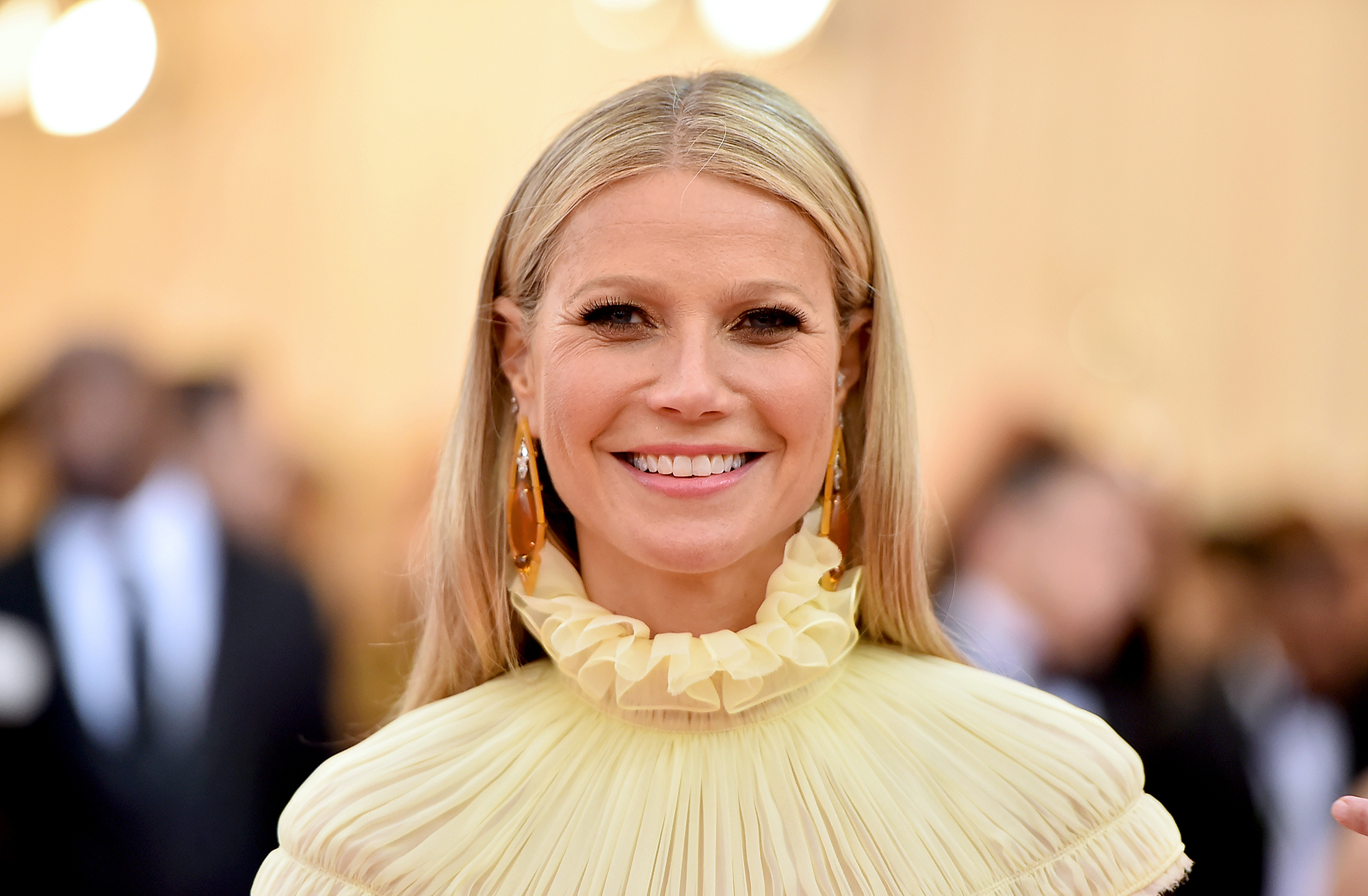
Gwyneth Paltrow, the Oscar-winning actor and lifestyle mogul, made headlines this week when she revealed that she and her husband, producer Brad Falchuk, don’t always live together.
In an interview with The Sunday Times, the Goop founder said that she only lives with Falchuk four days a week. The rest of the time, when Falchuk has custody of Brody and Isabella, his children from a previous marriage, he stays at his own home nearby.
“Oh, all my married friends say that the way we live sounds ideal and we shouldn’t change a thing,” Paltrow said.
Some might consider this arrangement unconventional, but Paltrow has never shied away from speaking openly about different approaches to relationships. After all, this is the woman who introduced the term “conscious uncoupling” into the lexicon.
And there’s reason to believe it might be a healthy approach. Relationship expert and therapist Rachel Sussman says that Paltrow and Falchuk’s situation can be a creative solution to the challenges of blending families.
“When you have young kids, it’s not always easy to fully blend a family,” Sussman told TIME. “Cheaper by the Dozen can glamorize or make it seem easy to blend families, but it can be complicated. And couples who blend families need to be aware of that, and be willing to think outside of the box.”
Sussman points out that there are many challenges facing modern couples today, including commitments and pressures from careers and families — especially when it comes to caring for parents or children.
For couples like Paltrow and Falchuk who spend part of their time as a pair living apart, this can be a way to ensure that all the relationships in their lives are healthy and thriving. There’s also the benefit of the old adage that “absence makes the heart grow fonder,” something that Sussman says can work when a couple has a healthy connection and communicates openly.
“It’s good to miss someone, it’s good to look forward to seeing someone,” she said. “You just have to make it work. With the divorce rate being what it is, I don’t know if living together with someone all the time is necessarily proven beneficial. I think what’s the most beneficial is the connection between the couple; that it’s a healthy union; that there’s love, trust, respect, communication and openness.”
More Must-Reads from TIME
- Cybersecurity Experts Are Sounding the Alarm on DOGE
- Meet the 2025 Women of the Year
- The Harsh Truth About Disability Inclusion
- Why Do More Young Adults Have Cancer?
- Colman Domingo Leads With Radical Love
- How to Get Better at Doing Things Alone
- Michelle Zauner Stares Down the Darkness
Write to Cady Lang at cady.lang@timemagazine.com